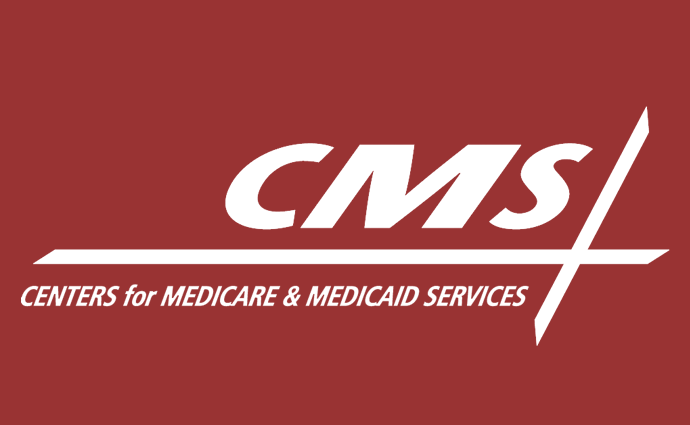CMS Ends Advance Payments for Physicians, Other Part B Providers
The federal agency is also reevaluating the amounts paid under the Accelerated Payment Program, a similar advance payment initiative for hospitals during emergencies.

Source: Centers for Medicare & Medicaid Services
- CMS recently announced that it has suspended the Advance Payment Program for physicians, non-physician practitioners, and other qualifying Medicare Part B suppliers during the COVID-19 pandemic.
For more coronavirus updates, visit our resource page, updated twice daily by Xtelligent Healthcare Media.
According to the April 26 announcement, the federal agency is also reevaluating the reimbursement amounts paid under its Accelerated Payment Program, a similar advance payment initiative that supports fee-for-service Medicare providers when there is a disruption in claims submission and/or processing.
The news comes after President Trump signed the Paycheck Protection Program and Health Care Enhancement Act late last week. The act will give healthcare providers another $75 billion to offset the revenue losses and other healthcare-related expenses attributable to the COVID-19 pandemic.
The billions of dollars will add to the $100 billion Provider Relief Fund authorized by the Coronavirus Aid, Relief, and Economic Security (CARES) Act.
CMS said yesterday that the availability of more funds prompted it to suspend the Advance Payment Program and to rethink how much hospitals will receive in accelerated payments moving forward.
Since the start of the COVID-19 pandemic, the Accelerated and Advance Payment Programs have given nearly $60 billion in payments to over 21,000 Part A providers, including hospitals. For Part B suppliers, including physicians, non-physician practitioners, and durable medical equipment suppliers, CMS approved nearly 24,000 applications, advancing $40.4 billion in Medicare reimbursements.
The payments delivered through the programs are not grants, like the provider relief funds from the CARES Act and the Paycheck Protection Program and Health Care Enhancement Act, CMS stressed.
Providers and suppliers must pay back the accelerated and advance payments within one year or less depending on provider or supplier type, according to updated program rules during the public health crisis.
In contrast, the $30 billion from the Provider Relief Fund distributed to Medicare providers earlier this month will not need to be repaid, CMS stated. Additionally, providers will not have to pay back the $20 billion currently being released by HHS to providers based on their net patient revenue from last year.
More of these grants will be available to providers soon, which is why CMS suspended the Accelerated and Advance Payment Programs and will reevaluate all pending and new applications for accelerated payments.
Thousands of hospitals and providers have leaned on the programs to stay open during the COVID-19 pandemic, and industry groups have applauded CMS for expanding the programs during the crisis and providing other flexibilities, such as postponing the start of recoupment from day one to day 120 after initial payment.
However, providers have expressed concerns that they will not be able to repay the accelerated and advance reimbursements while patients stay home and physicians continue to delay non-essential procedures and visits, according to the American Medical Association (AMA).
The leading medical association urged Congress to delay recoupment of the payments until a year after the advance payment is issued and extend the repayment periods for physicians to at least two years.
The AMA also called on lawmakers to reduce the interest rate during the extended repayment period to zero. Currently, providers receiving advance payments face an interest rate of 10.25 percent if they fail to repay the reimbursements before the repayment period ends.
“Given the uncertainty facing physician practices as the pandemic is on a different surge timeline in communities across the country, we fear physician practices may not resume normal operation in the immediate term and will need additional cash flows to remain afloat for patients after the pandemic is over,” the AMA stated alongside other national medical societies.
“Many physicians have already had to make difficult decisions about reducing operations, taking pay cuts, and furloughing staff even while they are preparing for and treating a surge of COVID-19 cases.”
